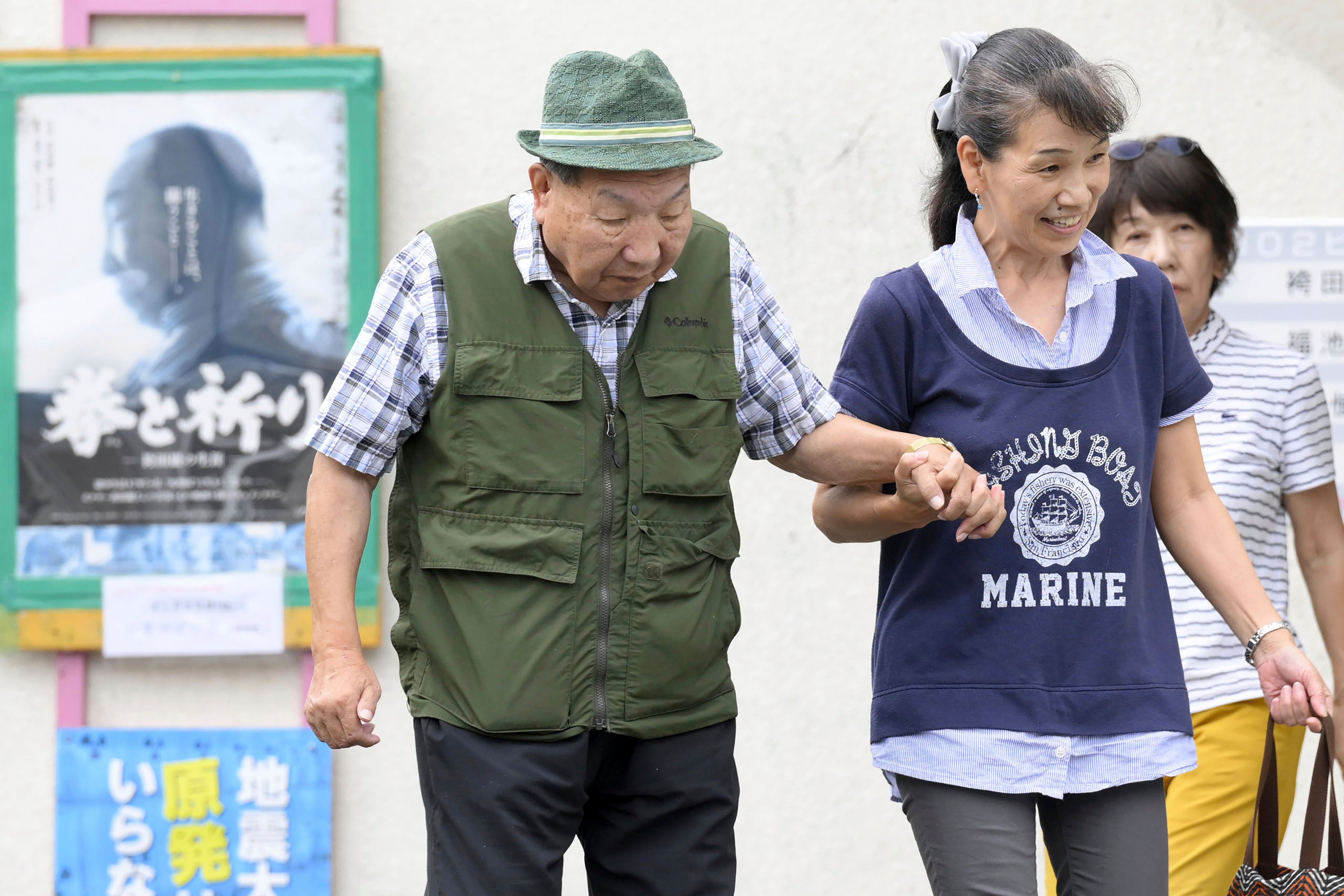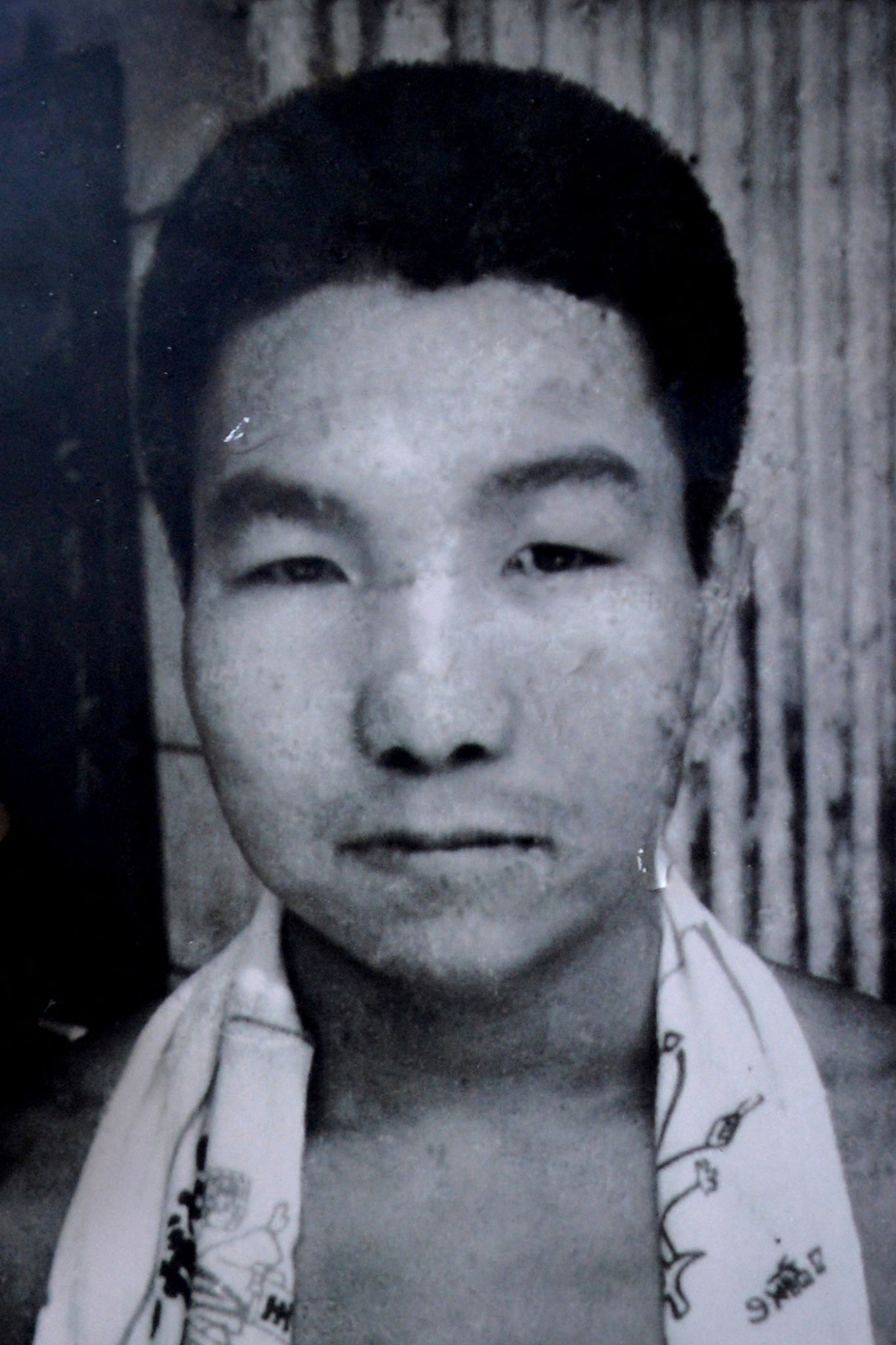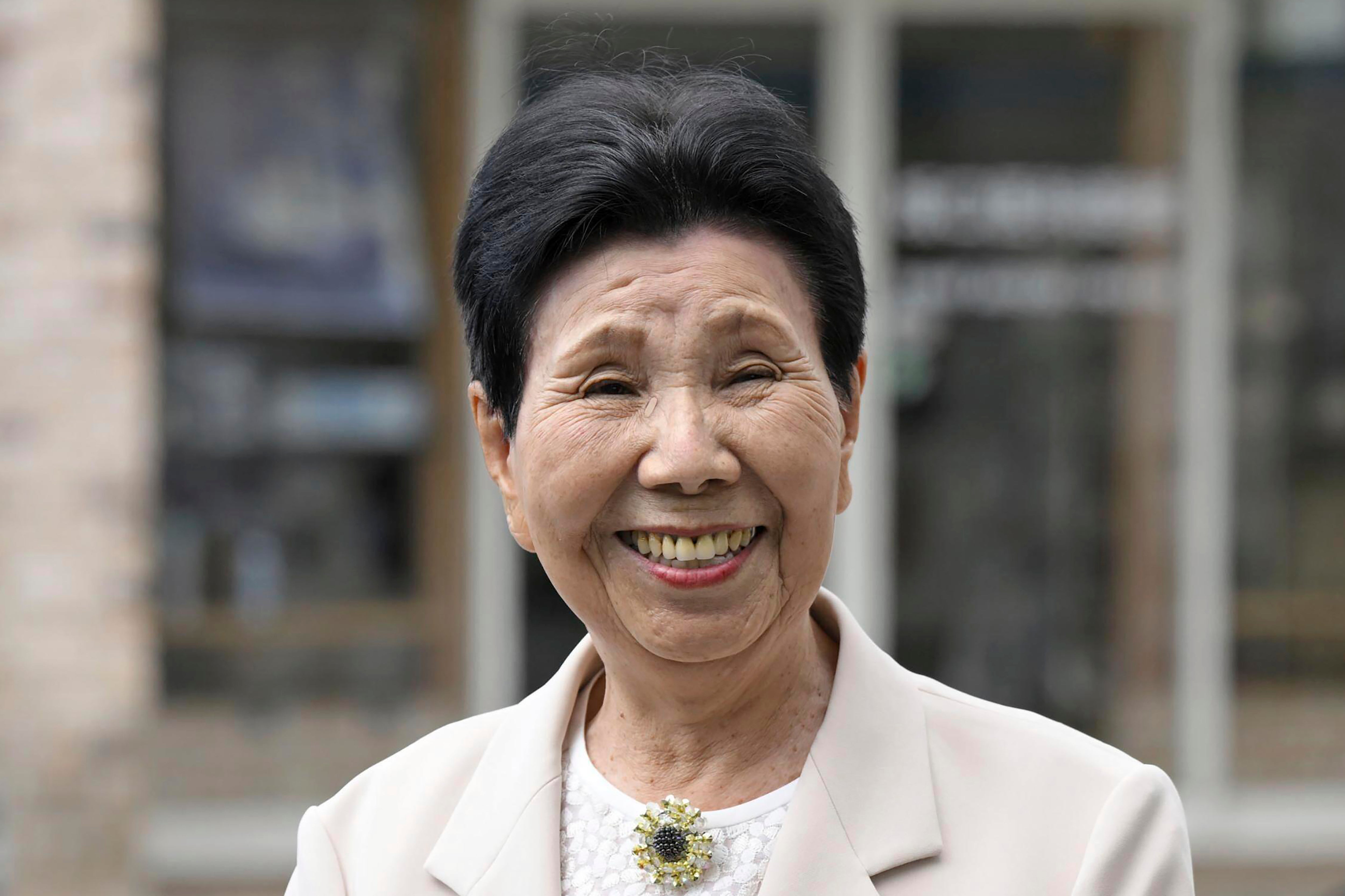Japanese man acquitted after 46 years on death row for quadruple murder
World’s longest-serving death row prisoner found not guilty after retrial

Your support helps us to tell the story
From reproductive rights to climate change to Big Tech, The Independent is on the ground when the story is developing. Whether it's investigating the financials of Elon Musk's pro-Trump PAC or producing our latest documentary, 'The A Word', which shines a light on the American women fighting for reproductive rights, we know how important it is to parse out the facts from the messaging.
At such a critical moment in US history, we need reporters on the ground. Your donation allows us to keep sending journalists to speak to both sides of the story.
The Independent is trusted by Americans across the entire political spectrum. And unlike many other quality news outlets, we choose not to lock Americans out of our reporting and analysis with paywalls. We believe quality journalism should be available to everyone, paid for by those who can afford it.
Your support makes all the difference.A court in Japan has acquitted an 88-year-old man after he spent nearly 46 years on death row for a quadruple murder.
Iwao Hakamada, then a professional boxer, was accused in 1966 of killing four people, including two children, and burning down their house.
He is the longest-serving death row prisoner in the world, after being sentenced to death in 1969.
His execution was repeatedly delayed by lengthy appeals and several retrials, which eventually led to his acquittal on Thursday.
Mr Hakamada’s acquittal by the Shizuoka district court makes him the fifth death-row convict to be found not guilty in a retrial in post-war Japan.
Presiding judge Koshi Kunii said that the court acknowledged there had been multiple fabrications of evidence and that Mr Hakamada was not the culprit, broadcaster NHK reported.
He had allegedly admitted to the killings during the initial proceedings in the 1960s, but then retracted his confession, which he said was made in the course of a brutal police interrogation.

His retracted confession was at the centre of a series of trials, with his death sentence ultimately upheld by Japan’s supreme court in 1980.
Mr Hakamada’s second appeal for a retrial was filed in 2008 by his sister Hideko Hakamada, now 91, and the court finally ruled in his favour in 2023, paving the way for the latest retrial, which began in October.
“For so long, we have fought a battle that has felt endless,” Ms Hakamada told reporters ahead of the verdict. “But this time, I believe it will be settled.”
Mr Hakamada was represented by his sister during the retrial, because of her younger brother’s failing physical and mental health.
There has been no immediate announcement of whether prosecutors will appeal against the verdict.
His lawyers urged the prosecutors not to challenge the ruling, Kyodo News reported.
Mr Hakamada was released from prison in 2014 when a court ordered a retrial based on new evidence suggesting that his conviction may have been based on fabricated accusations.

“After enduring almost half a century of wrongful imprisonment and a further 10 years waiting for his retrial, this verdict is an important recognition of the profound injustice [Mr Hakamada] endured for most of his life,” Amnesty International said in a statement.
“We strongly urge Japan to abolish the death penalty to prevent this from happening again.”
Join our commenting forum
Join thought-provoking conversations, follow other Independent readers and see their replies
Comments